Stop Conflating Self-Criticism with Self-Awareness
For my entire career, I have worked alongside highly ambitious professionals. I have drafted countless talking points, helped leaders prepare for more than a few board meetings and Town Halls, sat beside them in public and private moments, and heard some of the most brilliant individuals hurl brutal criticisms at themselves (and others) because they believed it would help them perform better.
Now, I could write a whole separate blog about intercepting negative self-talk (and I probably will!), but over the last five years, I have come to understand that great career performances aren’t the result of unrelenting work ethic and getting the words “right.”
Great career performances are built on self-awareness, so let’s unpack what self-awareness really is and how to use it.
What Self-Awareness is (and isn’t)
Self-awareness is your ability to recognize, understand, and moderate your inner and outer worlds. The inner world refers to your values, emotions, energy, and aspirations, while the outer world refers to your behaviors, relationships, reputation, and environment. Neither world is more important than the other, so the greatest performers actively work on both.
Unfortunately, the duality of self-awareness sometimes makes it difficult for ambitious professionals to distinguish between self-awareness and self-criticism, but over time, the difference between them always becomes quite evident.
Self-criticism is negative internal chatter that fixates on mistakes made (or mistakes one should have avoided) in the outside world. When practiced persistently, it can lead to feelings of inadequacy, worthlessness, and hopelessness.
Self-awareness is both introspective and interpersonal conversation that acknowledges thoughts, behaviors, and experiences without applying judgment. When practiced persistently, it can lead to continuous learning, improved discernment, social bonding, and optimism.
How to Use Self-Awareness to Enhance Performance
Cultivating and using self-awareness requires an active and ongoing commitment to curiosity which might look like:
Writing down or sharing recurring thoughts and feelings about yourself and your external environment - to recognize tendencies and patterns
Asking open-ended questions of yourself and others to better understand how your work habits and behaviors affect those around you
Watching yourself on film (or listening to a recording) to identify future choices and moderate your approaches.
You might initiate these efforts in small and subtle ways at first, but over time you will discover that engaging outside partners not only accelerates your learning, but also empowers you to keep on growing.
But wait, there’s more!
Learning to live, work, and lead with greater self-awareness also facilitates stronger and more supportive professional relationships, enhances long-term performance, and fosters a more positive, proactive work environment.
So the next time you are inclined to criticize yourself over something you did, didn’t do, or didn’t do perfectly, ask yourself these questions instead:
What can I recognize about my performance in this moment?
What effect(s) is it having on those around me?
How might I elevate my performance to facilitate an even better outcome?
We are all Works in Progress
If you are serious about elevating your performance at work this year, apply to work with me. Enlisting the help of an outside partner will not only accelerate your learning but also empower you to keep on growing.




